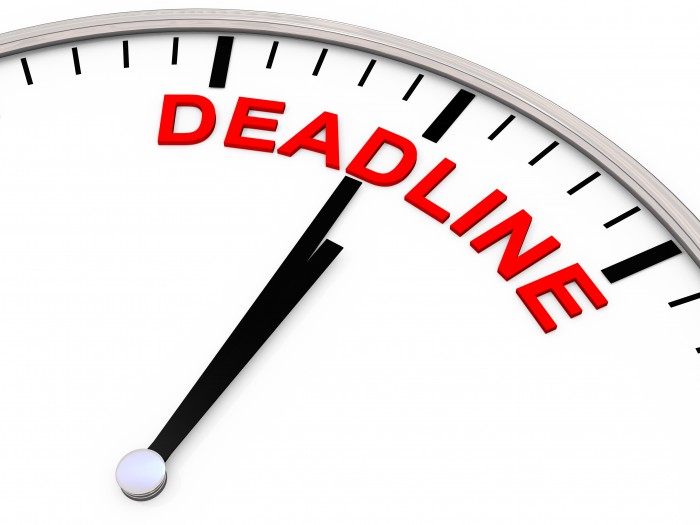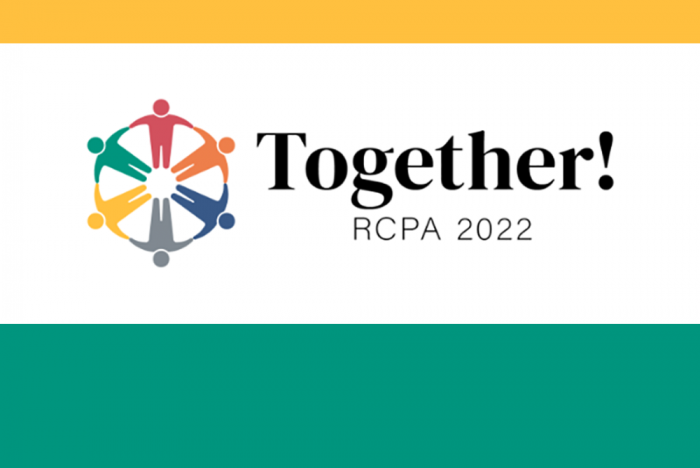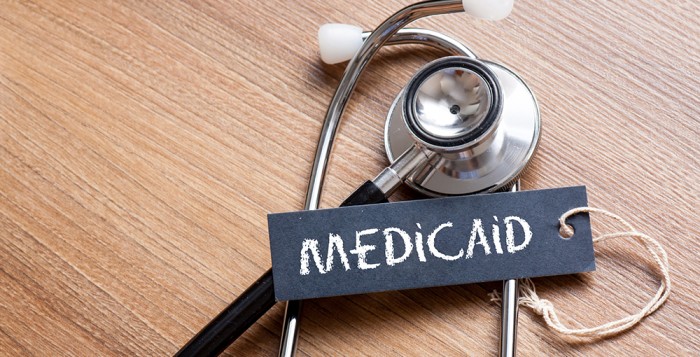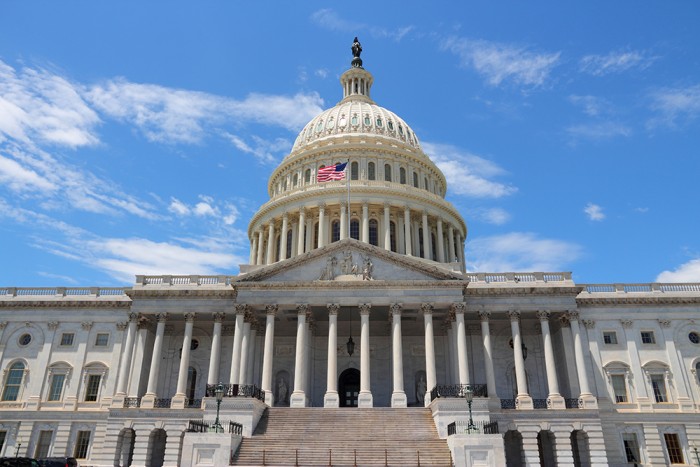Deadline to Participate in 2021 National Core Indicators® (NCI®) Staff Stability Survey Extended
ODP Announcement 22-072 is to announce that the Human Services Research Institute (HSRI) has extended the deadline to participate in the 2021 NCI® Staff Stability Survey to July 31, 2022.
The Office of Developmental Programs (ODP) encourages qualified providers that have not already done so to participate in the 2021 Staff Stability Survey. This important survey includes questions relating to volume, stability, compensation, and benefits of DSPs serving adults 18 years of age and older.
The data gathered from this voluntary and anonymous survey will help ODP, along with other policy makers and advocates:
- Inform policy and program development regarding DSP workforce (DSPW) improvement initiatives;
- Monitor and evaluate the impact of workforce initiatives;
- Compare state workforce outcomes with those of other states;
- Provide context for consumer and family outcomes; and
- Create systems that more effectively collect, analyze, and use DSP workforce data.
Providers that have already completed the survey may also receive a reminder notification to do so, but this will not be intentional and should be discarded. ODP appreciates their cooperation.
A copy of the survey is available to allow for preparation of data prior to completing data entry. It is a proprietary tool of the National Core Indicators® and is to be used for reference only. For more information, contact Ms. Lee Stephens, ODP IM4Q/NCI Statewide Lead, via email or at 717-783-5773.


















